Keynote Speaksers
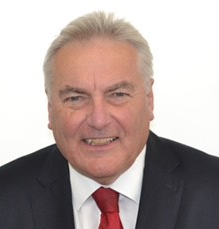
Professor Alistair Forbes
National Physical Laboratory (NPL)
Since joining the National Physical Laboratory (NPL) in 1985, Alistair Forbes has carried out research in mathematical and statistical modelling, algorithm design, uncertainty evaluation, numerical software development and validation with applications to metrology. Much of his work has been in the area of coordinate metrology, often undertaken in European collaborative projects, including:
Read MoreLess
- Generation of test data for coordinate metrology software
- Parametrization of geometric elements
- Reference software for fitting geometric elements according to the Chebyshev criterion
- The Virtual CMM
- CMM calibration
- Traceability in computationally-intensive metrology
- Standards for the evaluation of uncertainty of coordinate measurements in industry https://eucom-empir.eu
He is a Fellow in the Data Science Department at NPL and a Visiting Professor at the University of Huddersfield and at the University of Strathclyde, UK, He is chair of the IMEKO Technical Committee 21, Mathematical Tools for Measurements and a member of ISO TC 213, Geometric Product
Specification.
Title of his speech:
Coordinate Metrology and the Quality Infrastructure
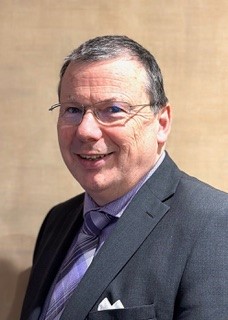
Professor Pete Loftus
Evalu8ion Ltd; University of Edinburgh
Pete had a 38 year career in Instrumentation and Measurement at Rolls-Royce fostering a passion for measurement and helping others to grow. As the company head of Measurement Engineering, he established standards, skills frameworks, quality system materials, and an R&D portfolio in the discipline. Now, with a private consultancy business and roles as Visiting Professor at the University of Edinburgh; Chair of the Sensing Innovation Leadership Council; Deputy Director of the Research Centre in NDE; Innovate UK contractor, and leader in local Scouting he continues to support and inspire the discipline and community.
Title of his speech:
Preserving Measurement as a Foundation of Trust and Confidence in the Digital Era
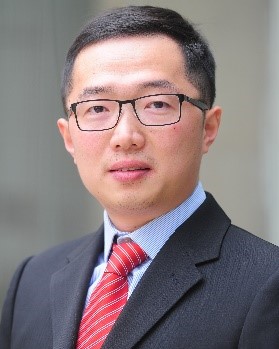
Professor Yan-Fu Li
Tsinghua University
Prof. Yan-Fu Li is currently the Director of the Institute for Quality & Reliability of Tsinghua University and a full Professor at the Department of Industrial Engineering in Tsinghua University, China. From 2011 to 2016, he was a faculty member at CentraleSupélec in Université Paris-Saclay, France. His research areas mainly include condition monitoring, fault detection and system reliability with the applications onto various engineering systems.
Read MoreLess
Dr. Li has published over 100 peer-reviewed international journal papers with an H-index = 41. The representative papers appear on IEEE Transactions, POM, IJOC, etc. He has been continuously elected as the Highly Cited Chinese Researcher 2019-2023 by Elsevier and Top 2% Scientists Worldwide 2021-2022 by Stanford University. He is the Principal Investigator (PI) of several government projects including the key project funded by National Natural Science Foundation of China and National Key R&D Program of China. He is also experienced in industrial research, the long-term partners include the top enterprises such as Huawei, China Southern Power Grid, etc. He holds 12 national patents, 1 international patent and 1 IEEE standard. He has won multiple national society and international society search/paper awards, including the Gold Medal of Geneva International Invention Exhibition. He is currently an Associate Editor of “IEEE Transactions on Industrial Informatics” and “Reliability Engineering & System Safety” and was an AE for “IEEE Transactions on Reliability” (2017-2024). He is the founding Chair of IEEE Technology and Management Society Beijing Chapter.
Title of his speech:
Prognostics and Health Management (PHM) of Complex Engineering Systems – Methods and Applications
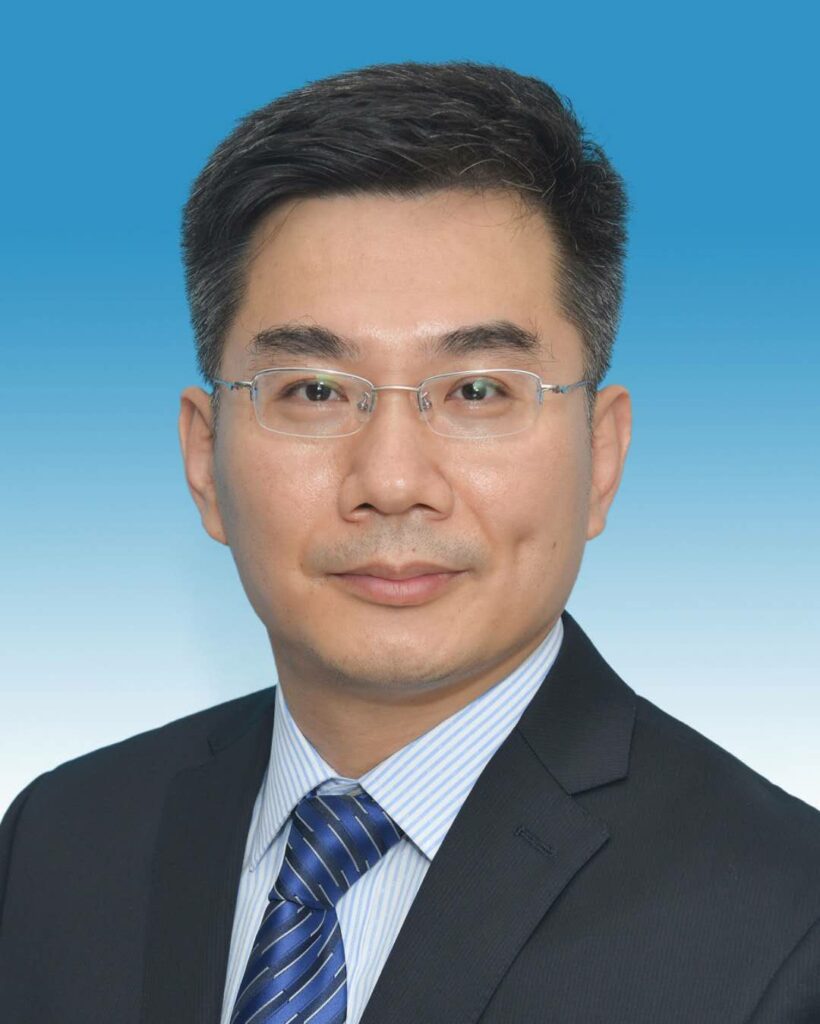
Professor Binrui Wang
China Jiliang University
Prof. Binrui Wang (PhD) is a doctoral advisor, a state-sponsored returned overseas scholar, and the Vice President of China Jiliang University. He serves as the Director of the National and Local Joint Engineering Laboratory for Disaster Monitoring Technologies and Instruments, the discipline leader of the Provincial First-Class Discipline in Control Science and Engineering, and a recipient of the Zhejiang Province New Century Excellent Talent Award. His main research areas include bionic robots, quality inspection robots, and intelligent perception. As the first or corresponding author, he has published over 160 high-level academic papers, authored one monograph and two textbooks, and holds over 60 authorized invention patents as the first inventor. He has supervised over 100 graduate students and contributed to the formulation and revision of seven national standards and one ISO international standard. He has received the second prize from the Chinese Society of Automation. He serves as the Vice Chairman of the Robotics Professional Committee of the China Association for Standardization. Additionally, he is a member of the National Standards Committee Technical Committees TC591 and TC307.
Title of his speech:
Research on Calibration and Performance Testing of Industrial Robots
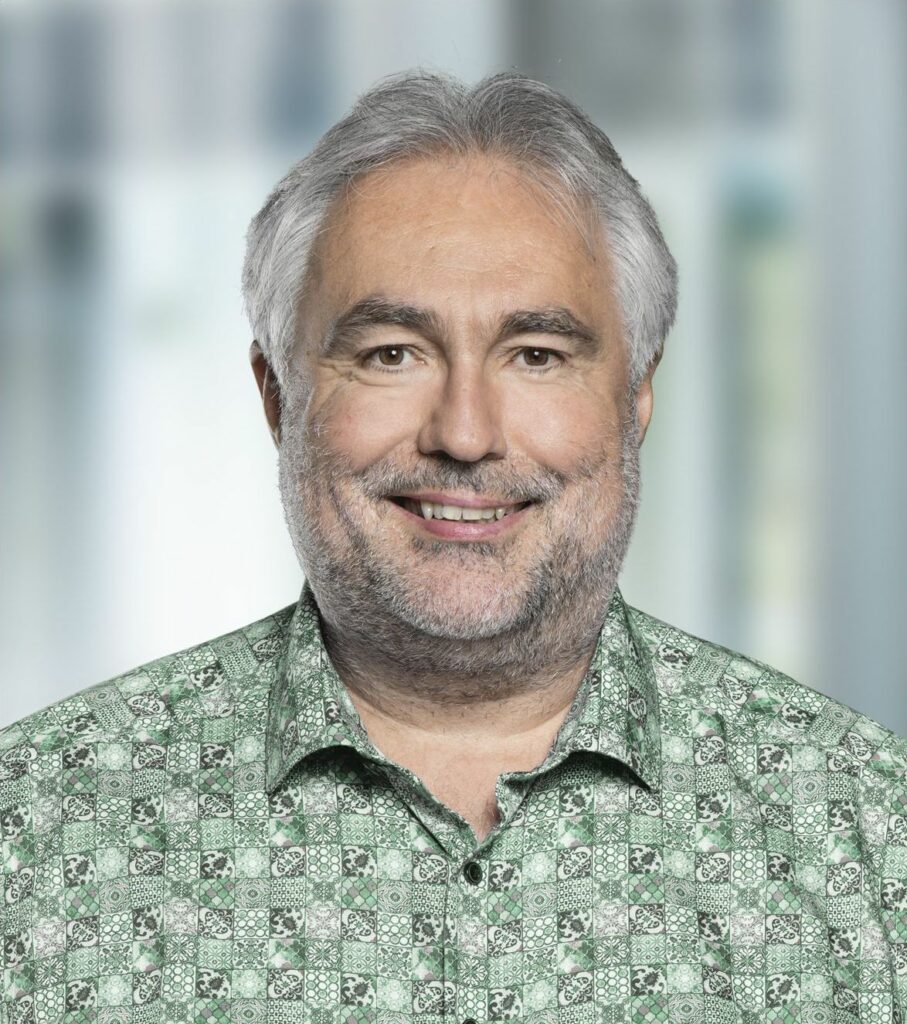
Dr Hans Rabus
PTB
Hans Rabus obtained a PhD in physics in 1992 at the Freie Universität Berlin and has since then with Germany’s National Metrology Institute PTB. After eight years the field of synchrotron radiation metrology, he headed the section “detector-based optical radiometry” and organised the first international key comparison of UV spectral responsivity. After changing to ionizing radiation metrology, he chaired the department “Fundamentals of Dosimetry” from 2009 to 2020, pursuing research and development in cross-section measurements, nanodosimetry, track structure simulation and ion microbeam-based radiobiology.
Read MoreLess
From 2002-2005 he was secretary of the UV working group within the Consultative Committee for Photometry and Radiometry of the Metre Convention. From 2012-2018 Hans was leader of the task group on “Computational Micro- and Nanodosimetry” within WG 6 “Computational Dosimetry” of the European Radiation Dosimetry Group (EURADOS), followed by a six years’ term as chair of EURADOS WG6 and consulting member of the EURADOS Council. Presently he is building the new EURADOS WG6 task group on AI in dosimetry.
Since 2020 Hans has been Senior Scientist for “Simulation and Artificial Intelligence in Medicine” and consulting member and temporarily deputy manager of PTB’s Innovation Cluster metrology for Health. He is coordinator of pilot project “Metrology for Artificial Intelligence in Medicine (M4AIM)” within the German QI Digital initiative, which comprises 14 Early-Stage Researchers developing quantitative criteria for assessing explainability, robustness and uncertainty of AI algorithms and metrics for data quality (within the EU Testing and experimentation facility TEF Health).
Title of his speech:
Towards Formalized Assessment of Data Quality and Uncertainties of Machine Learning Output Compatible with the GUM
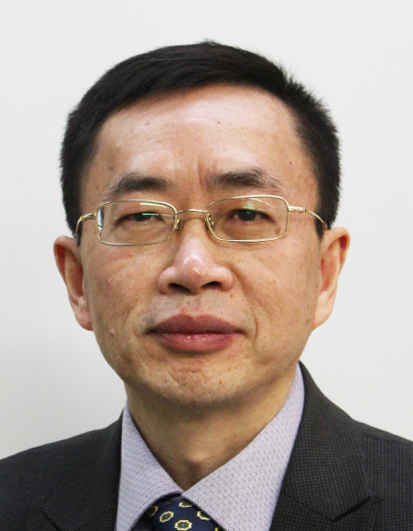
Dr QingPing Yang
Brunel University of London
Dr QingPing Yang is currently a Reader at Brunel University of London (BUL), leading Brunel Quality Engineering and Smart Technology (QUEST) Research Group, and Robotics and Automation Research Group. He joined the Brunel Centre for Manufacturing Metrology (BCMM) in 1988 with a visiting scholarship awarded by the AVIC, after his graduation in Instrumentation and Measurement Technology from Chengdu Aeronautical Polytechnic in 1983 and subsequent 4 years’ research experiences at an Aircraft Structure Research Institute (AVIC, Xi’an) and admission to an MSc Programme in Robot Control and Intelligent Control at Northwestern Polytechnical University. In 1989, he was awarded an ORS Award and a PhD Studentship from British Technology Group to develop a patented smart 3D high precision probe system for CMMs, and received his PhD degree in October 1992.
Read MoreLess
His research experiences include sensors, instrumentation, dimensional metrology, smart systems, robotics, AI, quality engineering and sustainability. Over the last three decades, he has developed a unique and coherent research field broadly integrating metrology, quality engineering and smart technologies (including AI and robotics), published more than 120 papers and supervised (as the first supervisor) 27 PhD students to successful completion in these areas. He has led a number of research projects funded by EU, UK government and industry with a total funding of about £2.7 million as Principal Investigator and £1.2 million as Co-Investigator. Dr Yang has received numerous prizes and awards for outstanding academic and work performance in the past.
Title of his speech:
Towards Unification of Measurement, AI, Quality and Sustainability – Principles and Applications

LEE STOKES
Global Head of Carbon – Mace Group
Lee’s mission is to leave a legacy by creating thriving cities and places that limit their impact on the natural world.
He is an accomplished sustainability-focused innovator with more than 25 years of experience in implementing ESG programmes. He has led prestige projects globally for both private and public sector organisations, saving more than 2.7m tonnes of CO2e. An agile leader, he has expertise in mentoring and developing cross-functional teams and working in complex stakeholder environments.
Providing rigor to sustainability methodology and driving innovation through applied research, he has authored research on smart buildings, grid-scale carbon modelling and energy optimisation using machine learning and artificial intelligence.
